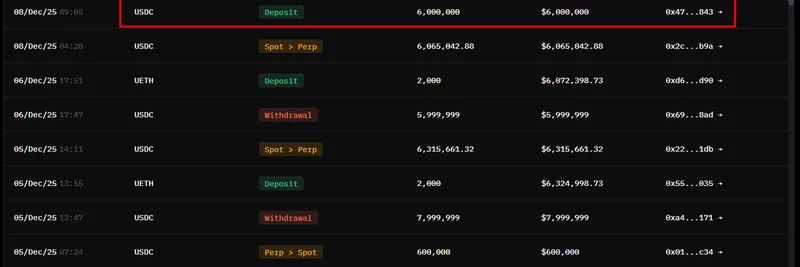The Claim That Started It All
On July 23, 2025, at 11:53 AM UTC, Green Beret Nap Time dropped a provocative statement: "Every single Chinese citizen in our country is an agent of the CCP, whether by their own volition or through legal duress." The post points to Chinese laws that allegedly require citizens to assist in intelligence and state security operations, even when living abroad. This claim has ignited a firestorm of reactions, with users debating everything from national security to immigration policies.
The post also quotes a wild press release from the U.S. Attorney’s Office about a dual U.S.-Chinese citizen in Southern California. This engineer allegedly stole trade secrets related to missile defense technology, transferring over 3,600 files to USB drives. It’s a juicy case that fuels the original claim about legal obligations under Chinese law.
What’s Behind the Legal Argument?
The backbone of this debate hinges on China’s National Intelligence Law, passed in 2017. This law, particularly Article 7, states that all organizations and citizens must "support, assist, and cooperate" with national intelligence efforts. Critics argue this creates a legal duty for Chinese citizens—even those living overseas—to act as informants or spies if requested by the government.
A 2019 report by a Swedish law firm, Mannheimer Swartling, backed this up, suggesting the law applies globally to Chinese citizens and even their companies’ overseas subsidiaries. On the flip side, some experts, like Gu Bin from Beijing Foreign Studies University, claim it’s defensive, not offensive, and doesn’t mandate pre-emptive spying. The truth? It’s murky, and interpretations vary widely.
The Espionage Connection
The missile defense theft case ties directly into this. The engineer, a Santa Clara County resident, allegedly sent sensitive U.S. military tech to China, raising alarms about how far this legal obligation might extend. X users like Jack Flynn echoed concerns, noting "tens of thousands of Chinese spies" in U.S. universities and industries, stealing tech left and right. Another angle? The Microsoft Azure controversy, where whistleblowers claimed Chinese engineers got access to sensitive DoD data, adding fuel to the fire.
Reactions on X: A Mixed Bag
The thread exploded with opinions. Some, like 1776WeThePeople2024, called for deporting Chinese citizens who don’t renounce their citizenship. Others, like Mrgunsngear, highlighted a loophole where Chinese women give birth in the U.S. to secure voting rights for their kids. Meanwhile, David Taylor shared a book, Hidden Hand, to dig deeper into CCP influence. It’s a chaotic mix of fear, facts, and fringe theories!
Why It Matters for Blockchain and Tech
Even if you’re here for meme tokens, this hits close to home. Blockchain relies on global collaboration, but if tech secrets are leaking to state actors like the CCP, it could affect security protocols or even crypto innovations. Imagine a world where your favorite meme coin’s smart contract gets compromised due to stolen code—scary, right?
The Bigger Picture
This debate isn’t just about one engineer or law. It’s about trust, security, and how nations navigate a digital age. With over 280,000 Chinese students in the U.S. in 2024 (down from previous years, per Statista), the stakes are high. Are they all spies? Probably not. But the legal gray area keeps the conversation alive.


